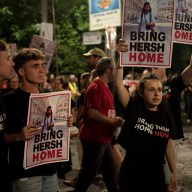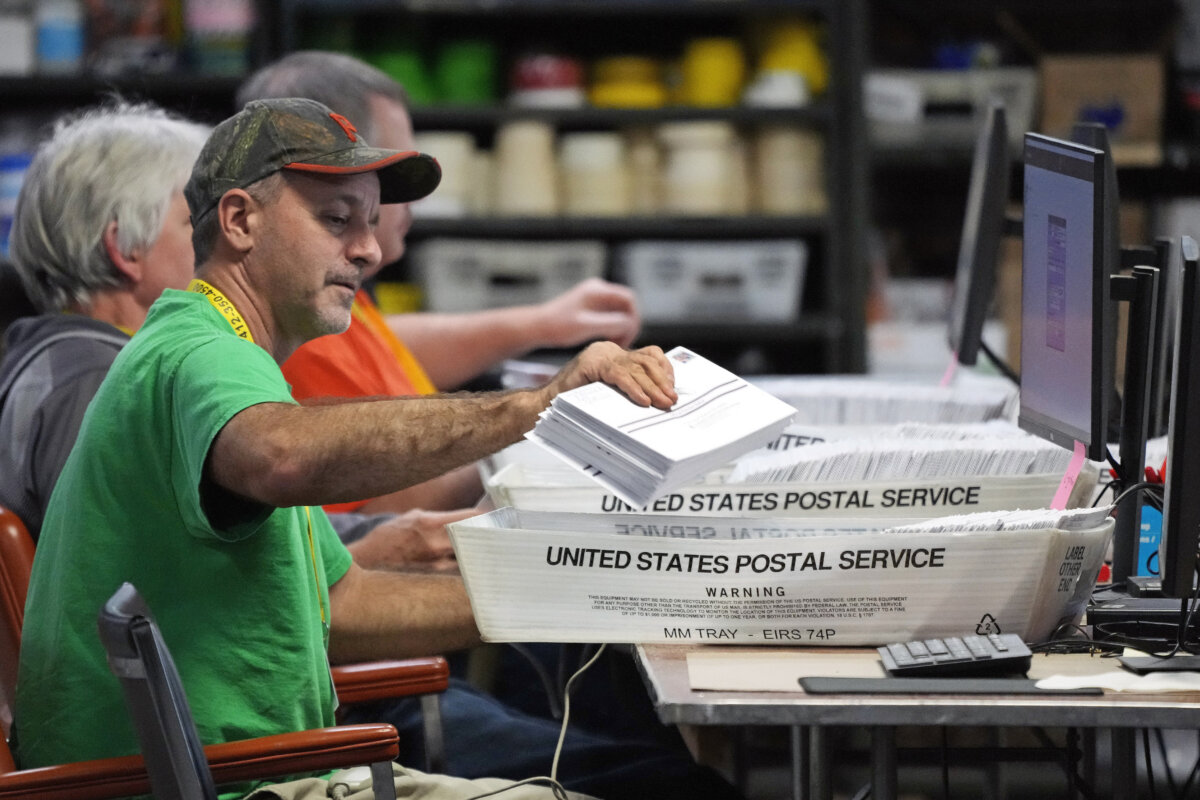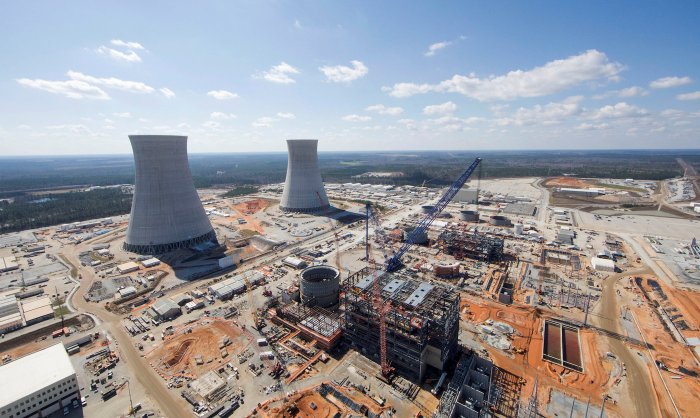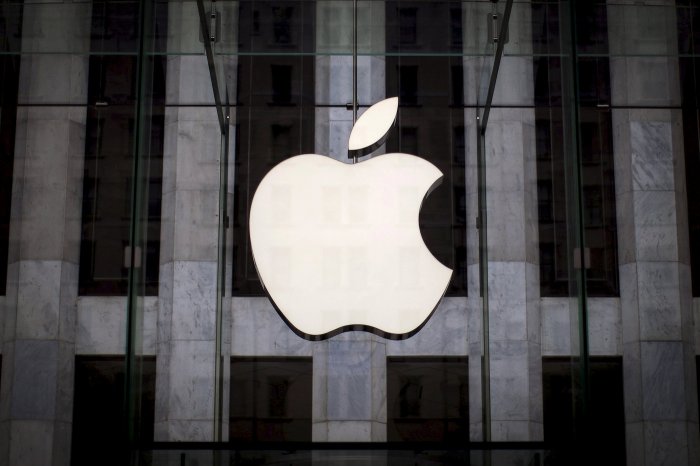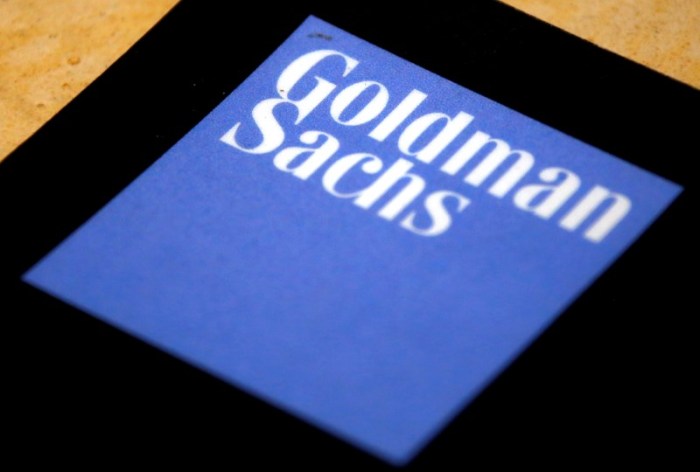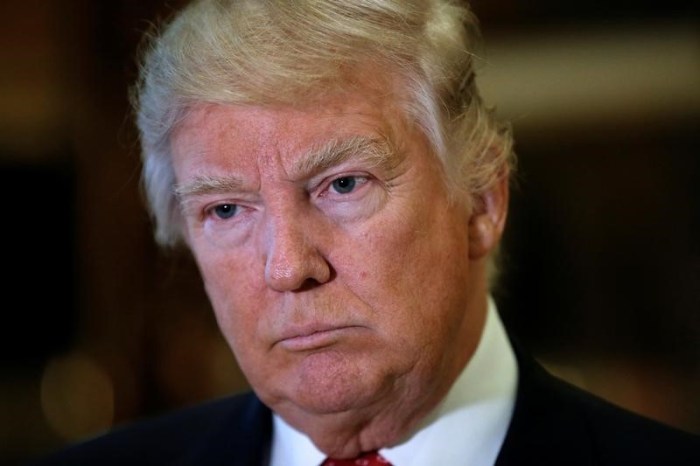By Michelle Price
HONG KONG (Reuters) – U.S.-based short-seller Citron Research was culpable of market misconduct with the publication of a research report in June 2012, a Hong Kong tribunal said on Friday, in a ruling that could redefine the boundaries of company research reports. The decision by Hong Kong’s Market Misconduct Tribunal (MMT) is also likely to stoke fears of a regulatory clampdown on publicly criticizing companies listed in the financial center, following other recent moves to curb negative research and short-selling. The ruling follows the Hong Kong’s Securities and Futures Commission (SFC) allegations that Citron founder Andrew Left engaged in market manipulation by spreading false or misleading information on Hong Kong-listed Chinese property developer China Evergrande Group <3333.HK>. The SFC alleged in December 2014 that Left made HK$1.7 million ($219,216) after knocking nearly 20 percent off Evergrande’s share price with the publication of the report, in which he claimed the developer was insolvent and had engaged in fraud. “The MMT found that Left used sensationalist language in his report that Evergrande was insolvent and engaged in accounting fraud. It found these allegations were false and misleading and likely to alarm ordinary investors,” the SFC said in a statement. “Left had made these allegations recklessly or negligently with no understanding of the Hong Kong accounting standards that applied and without checking them with an accounting expert or seeking comment from Evergrande.” Left compiled his report using material provided by an anonymous whistleblower. Because the whistleblower may have been acting in bad faith, Left should have made more extensive efforts to verify the information, the MMT found. In a emailed statement, Left said the ruling marked a step backwards for fair and open markets in Hong Kong and that he believed the report to be truthful. “This court’s opinion simply stifles negative commentary. Our lawyers will consider all options for appeal,” he added. Left’s lawyer Timothy Loh said the Tribunal, which found Left did not check his research with external experts, raised the bar for future similar research.
“I think the requirements implied by the Tribunal – to seek expert advice – sets a very high standard for someone making a market comment,” said Loh. “There is very little discussion in the ruling on the issue of freedom of speech which was central to our argument – that people should be free to make market comments.” FREEDOM OF EXPRESSION
The MMT said freedom of expression is not an absolute right and that Hong Kong law aims ultimately to protect public order by the preventing the dissemination of false or misleading information.
The MMT will determine a punishment at a later date, which could include forcing Left to disgorge his gains, requiring him to pay costs, or banning him from the Hong Kong market. Left can only file for appeal in the Hong Kong Court of Appeal once a penalty has been determined. Typically such appeals can be made on the basis the law was misapplied, or there was an error of fact. The finding comes amid growing fear that negative views on public companies are being muffled in Hong Kong.
Earlier this year a separate tribunal partially upheld SFC allegations that Moody’s Investors Service broke its conduct rules with a 2011 report in which it raised corporate governance concerns about 49 Chinese companies. Moody’s is appealing the ruling and has said the SFC action is an attack on freedom of speech.
The SFC has also proposed new rules to require firms to disclose more of their short positions.
“In Hong Kong, there’s a culture of regulatory bias against critics,” David Webb, a prominent Hong Kong corporate governance activist and investor told Reuters last week. He said the Moody’s action in particular had a “chilling effect on negative research”. The Moody’s tribunal said that freedom of speech carries with it “special duties and responsibilities”. The SFC has said negative research plays an important role in the market provided it is responsible. ($1 = 7.7549 Hong Kong dollars)
(Reporting by Michelle Price; Editing by Christopher Cushing and David Evans)
Hong Kong tribunal finds short seller Citron culpable of misconduct
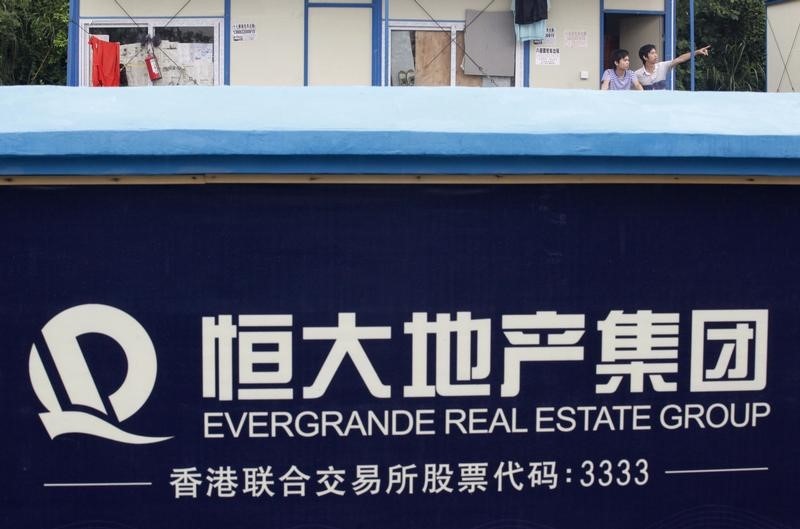
By Michelle Price









